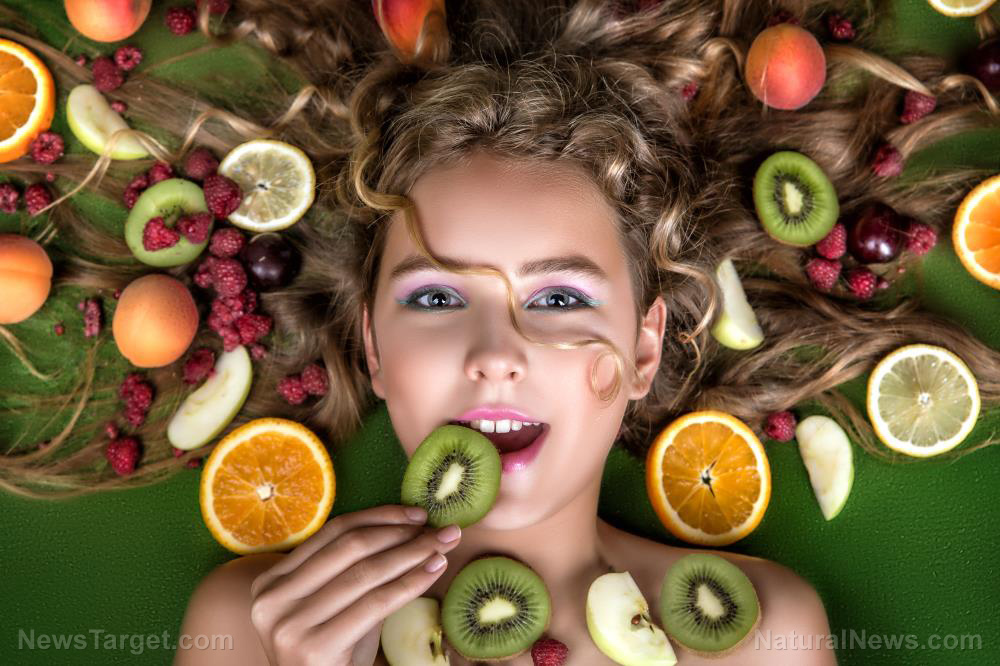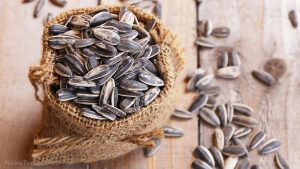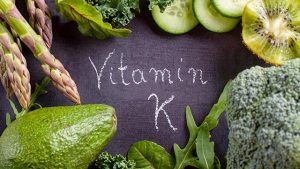
Advertisement
Maintaining good health isn’t just about taking care of what’s inside, it’s also about paying attention to and nourishing what’s on the outside.
The skin is our body’s first line of defense against environmental threats, and it’s constantly barraged with physical and chemical stressors. Wind, for instance, is an uncontrollable force that we have to deal with whenever we’re outdoors. Did you know that it has double the impact on our skin?
According to dermatologists, wind is a direct irritant that sloughs off the upper layers of our skin, leaving the skin underneath more vulnerable to the sun’s harmful rays. And let’s not forget the damage UV rays can cause. Prolonged exposure to these rays can leave our skin with an unflattering tan, painful sunburn, wrinkles and other signs of premature skin aging.
That’s why we need to give our skin all the support it needs, to make sure it becomes more resilient to all kinds of environmental stressors. Without proper nourishment, our skin won’t be able to repair any damage it sustains and do its job efficiently.
To amp up your skin’s natural defenses as well as its natural ability to heal, you need to get sufficient amounts of these four skin-supporting vitamins from your daily diet.
Essential nutrients for optimum skin nutrition
Nutritional skincare mainly involves improving the quality of your diet. If you do it right, experts guarantee that it will illuminate the natural radiance of your skin.
Since it goes through constant renewal and repair, our skin requires plenty of materials that can only be derived from the right dietary sources.
These materials include a variety of macro- and micronutrients, such as protein, healthy fats, minerals and vitamins.
Vitamin C
First and foremost on our list of essential vitamins for skin health is vitamin C. Also known as ascorbic acid, this nutrient can be found in abundance in fresh citrus fruits.
Inside our bodies, high concentrations of vitamin C can be found in the outermost layer of our skin (epidermis) and in the layer directly below it (dermis). If you’re wondering why that is, the answer is because vitamin C is a powerful antioxidant.
Antioxidants help our bodies fight free radicals, which can potentially damage our cells. The damage caused by these harmful, reactive molecules has been linked to aging and a number of chronic diseases, such as cancer.
Because of vitamin C’s antioxidant properties, commercial skincare products that claim to fight signs of aging boast high amounts of vitamin C.
But that’s not all vitamin C is famous for. This nutrient’s role in the production of collagen has been well-documented by a large volume of studies.
Collagen is one of the most important components for skin repair and wound healing. This protein is also responsible for keeping our skin firm and elastic — in short, free of wrinkles and youthful-looking.
To boost your vitamin C intake, you can eat more of the following food sources:
Fresh fruits: Citrus fruits like lemon, grapefruit and lime; berries like blueberries and cranberries; pineapple; kiwi; mango; watermelon and cantaloupe
Organic vegetables: Cruciferous vegetables like cauliflower, broccoli and Brussels sprouts; leafy greens like cabbages, spinach and turnip greens; sweet potatoes and white potatoes; tomatoes; and green and red peppers

Vitamin D
Although technically a hormone and not a vitamin, vitamin D is still an important nutrient not just for the skin, but also for the bones.
We obtain vitamin D mainly through sun exposure. When ultraviolet (UV) rays touch our skin, they trigger our bodies to convert a cholesterol called 7-dehydrocholesterol into vitamin D3.
Vitamin D performs a variety of functions, including promoting calcium absorption. This is why it’s so important for bone health because we need calcium to build strong bones.
Vitamin D is also crucial for skin protection. According to dermatologists, having healthy vitamin D levels helps prevent skin aging. What’s more, the active form of vitamin D (calcitriol) plays a huge role in the growth of skin cells, as well as in the repair of damaged skin.
The best way to boost your vitamin D levels is to soak up some sun. But too much exposure can ruin the skin and cause early aging and even cancer. To avoid these, experts recommend spending at least 10 to 20 minutes under the early morning sun. They say that sunlight between 7 am to 9 am is best to help our bodies generate vitamin D. After 10 am, sunlight becomes harmful and can damage our skin.
Vitamin D is also present in some foods, although only a few dietary sources exist in Nature. These include fatty fish like salmon and tuna, fish oils, beef liver, and dairy products like cheese and eggs.

Vitamin E
Like vitamin C, vitamin E is an antioxidant vitamin that protects the skin against different kinds of damage.
For instance, our bodies use vitamin E to minimize the damage caused by harmful UV rays. Our skin produces an oily substance called sebum, which contains vitamin E. This sebum serves as a protective barrier that absorbs UV light and prevents it from touching or penetrating the skin.
Because of the protective function of vitamin E in sebum, many skincare products contain this essential nutrient. These products claim to prevent dark spots and wrinkles and help treat inflammation.
However, vitamin E, when applied topically, is less effective than vitamin E in sebum. This is why dermatologists say getting your daily dose of vitamin E through your diet is much better for your skin.
Here are some of the best food sources of vitamin E: sunflower seeds, almonds, hazelnuts, salmon, avocados, red sweet pepper, mangoes, turnip greens, abalone and kiwi fruit.

Vitamin K
Vitamin K is better known for its blood- and bone-related benefits, so it’s not surprising that only a few know how important it is for our skin. Our bodies use this nutrient mainly to produce a protein that’s essential for blood clotting and bone metabolism.
But research suggests that vitamin K can also help prevent premature aging. In fact, this vitamin is a common ingredient in eye creams because it can help reduce dark circles and fine lines, as well as boost skin elasticity.
In addition, vitamin K is widely used after cosmetic procedures because, according to studies, it has the ability to speed up the healing of wounds, bruises and cuts.
To enhance your skin’s natural ability to repair injuries, add these vitamin K-rich foods to your daily diet: green leafy vegetables like kale, Swiss chard, parsley, green leaf lettuce and mustard greens; cruciferous vegetables like broccoli and Brussels sprouts; fish; liver; meat; eggs and cereals.

Our skin is the largest organ of our body and also a major part of our body’s natural defenses. Because of the huge role it plays and the enormity of its impact on our health, we need to ensure that our skin gets all the help it needs. Taking necessary precautions like applying sunscreen, using an umbrella and wearing ample covering when staying outdoors goes a long way, but like the rest of our body, our skin also has nutritional needs that need to be met. So to keep your skin healthy and strong (and beautiful!), prioritize getting sufficient amounts of vitamins C, D, E and K from your diet every day.
Sources:
Advertisements







